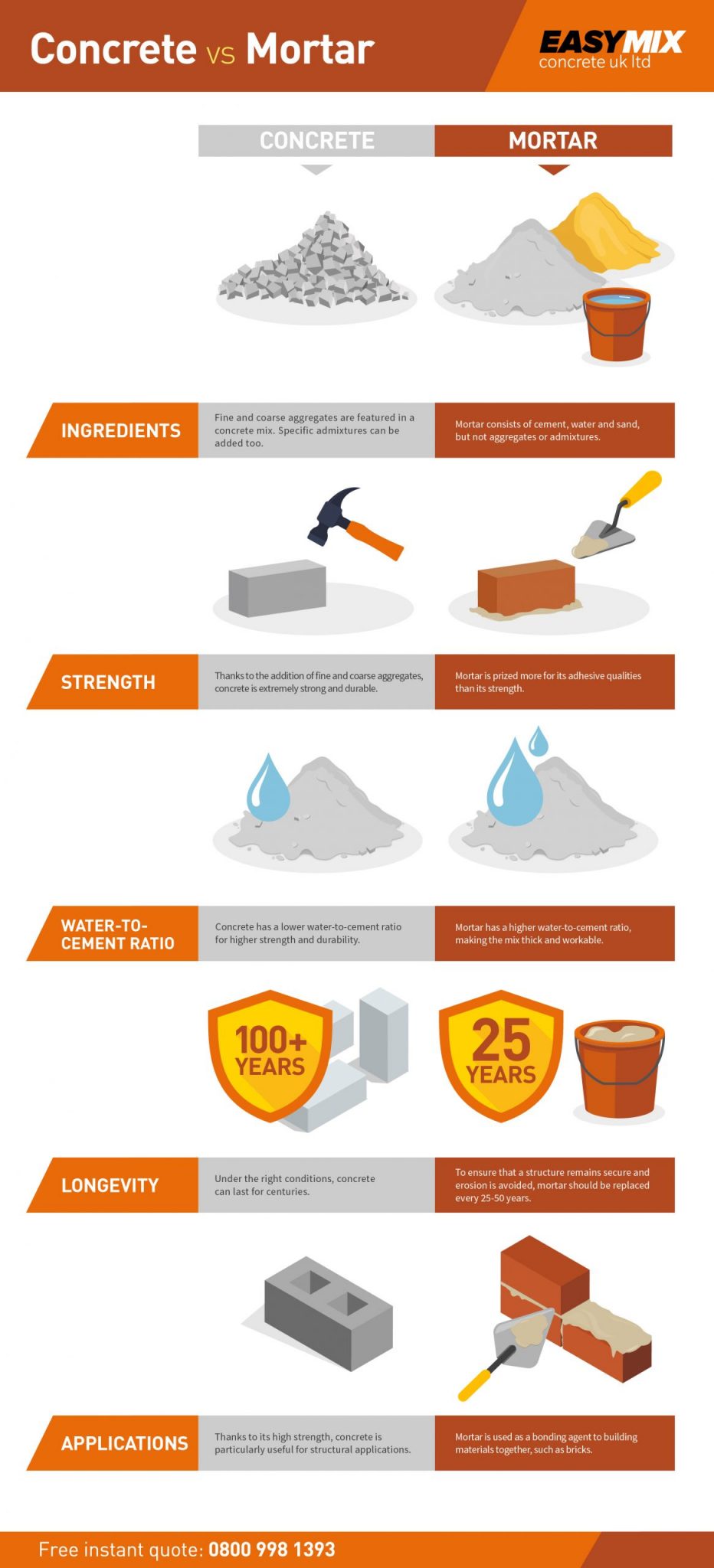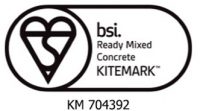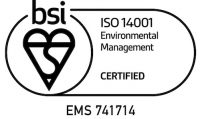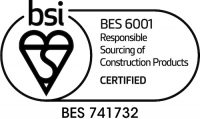
Concrete and mortar are both popular building materials that are used for construction projects everyday throughout the globe. Both look similar and can be composed of the same materials, so you might be wondering: just what makes them different? Take a look through our article to understand concrete vs mortar.
Ingredients
While both concrete and mortar are made from a mixture of water, cement and sand, concrete features an additional ingredient: aggregates. Coarse and fine aggregates such as gravel and rock chippings are used to bolster the concrete mix, making it more suitable for structural applications. Whereas mortar would be more applicable for brick laying.
Strength
Given that concrete is partly constituted by different types of aggregates such as gravel which bolster the mix, concrete is far stronger than mortar. What’s more, concrete mixes often feature additional admixtures which can further strengthen the mix or, depending on the admixture, speed up curing times.
Water-to-cement ratio
While concrete and mortar share the majority of their ingredients, mortar has a much higher water-to-cement ratio. Ultimately, this means mortar is a very thick substance when mixed, making it ideal for use as a bonding agent. Concrete, on the other hand, is quite thin but nonetheless strong once it has dried.
Longevity
Mortar is prized less for its strength and durability, and more for its ability to glue building materials together, such as bricks. As a result, mortar must be replaced every 25-50 years to ensure the continuity of the structure. Concrete, on the other hand – assuming it’s not exposed to a corrosive environment – can last for centuries.
Applications
Given the different strength and durability ratings of concrete and mortar, they are best suited to different applications. As said previously, thanks to its strength, concrete is particularly good for structural applications such as foundations. Mortar, on the other hand, has a thick, gluey constitution, making it perfect for use as a bonding agent.
So, as you can see, when looking at concrete vs mortar there are benefits to using both, depending on what sort of project you are undertaking. Concrete is perhaps more of a versatile material, with mortar being slightly more niche. However, in the construction of homes, there’s a good chance that both concrete and mortar will be used.
EasyMix Concrete UK are leading concrete suppliers for customers throughout London. For more information about our work, please feel free to get in touch with us today and we’ll be happy to help.



